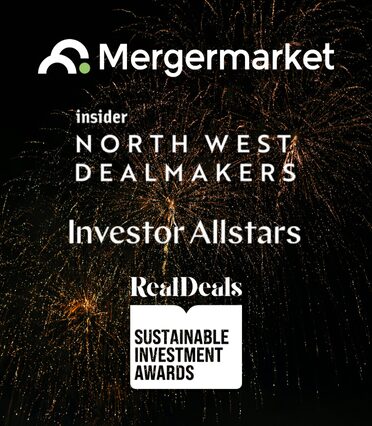In the last few years there has been an explosion in software to track and report on ESG data. This has been true for both stand-alone providers, and CRM or fintech companies creating dedicated add-ons.
There are multiple drivers for this growth. Demand has been created by regulatory changes such as the introduction of TCFD and SFDR in the EU, with the potential for further carbon reporting standards going forwards. Investors and asset managers are placing more importance on ESG as a key KPI, and more funding than ever is being allocated to companies who score well on ESG parameters. Availability of green financing is now an incentive to get this right, whether that is funds with an explicit sustainability mandate or debt ratchets dependent on ESG metrics. Alongside these top-down drivers, businesses are aware that positive positioning on ESG is important for their brand for both staff and customers, so will want to be able to track, improve and demonstrate their performance.
So, there is no denying that ESG data and reporting is a huge growth area in software. But with so many new providers now on the scene, each claiming a unique product and expertise, what are the indicators for who will succeed?
Indicators for success in ESG software:
1. Ease of use and UX
One of the reasons that businesses are looking to software to help them solve the problem on ESG reporting, is that it involves significant project management. Data collection can be difficult and disjointed. Users will look for software that allows them to easily allocate tasks to relevant individuals within the business or portfolio company, and to track progress around collection.
Similarly, because so many data points can go into ESG reporting, especially if it includes carbon accounting, platforms that fail will be overly fiddly, requiring a lot of input data and selection from users. For example, imagine adding all the train journeys your company takes over a year. If users need to provide identical inputs for every single journey, it’s unlikely to solve their efficiency needs.
Providers that offer flexibility will also appeal. For example, carbon accounting software often doesn’t allow users to add in other ESG data, such as diversity data. These tools may struggle as customers are likely to want simplicity and one single source of truth.
2. Embedded systems
As efficiency is a key motivator for purchasing ESG software, the best providers will be those that allow users to draw together data across multiple systems, without them having to download and then reupload all the data. Software that connects with HR platforms or expenses will be invaluable. Increasingly providers are using AI/Machine learning to scrape and analyse that data as well, which will be appealing due to the huge efficiency gains this can drive. Companies that are unable to process that structured and unstructured data, and integrate it with their systems, may lose out.
This will be where tech maturity also comes into play. Many providers talk about embedded systems and APIs, but with so many new providers on the scene, this is often not out-of-the box and is largely unproven. Customers will want to see plug-in and play with their own tech infrastructure, with minimal need for bespoke setup. Real live APIs will likely become a key question during the sales process going forwards. It is where fintech providers may be able to lead in this space as they already have embedded systems in place, as well a proven reputation with customers.
3. Accuracy and reporting
Due to the acceleration of data requirements in the last five years, many businesses have focussed on just getting started and tracking what they can. As the ESG space matures, it is likely there will more attention paid to the accuracy of that data. There is not always a consensus for things like carbon accounting and different providers will have different collection and data accuracy methods. We would expect to see more people look to externally verify their ESG reporting, which means that systems which are not deemed as accurate will begin to lose customers and weaken their reputation in the market. Similarly, users will want to export auditable data easily.
Consistency of reporting is also key, to ensure that companies can have good year-on-year benchmarking, given that the purpose of this data collection should be to drive progress. Consistency across businesses and industries is also important. Best-in-class providers will be those that can provide that benchmarking across sector/company size.
4. Live reporting and useful analytics
One of the reasons that embedded systems and automated processes are so key, is that it allows for live reporting which will be increasingly crucial as this moves up the Board agenda. Currently, too many businesses only see ESG data around annual/semi-annual reviews. This makes it harder to enact change.
Many providers offer data visualisation, but best-in-class businesses will offer real analysis as well. This might be highlighting areas of focus or being able to connect progress with key strategy areas. Where this can be used to embed reporting into the firm’s culture, the platform will be much more valuable.
What is clear is that the size of the prize for software providers is huge. There is a large addressable market, and the drivers highlighted at the start of this blog such as regulatory changes, are only going to grow. Businesses will look to providers to make data collection efficient, to give them a consistent and benchmarkable view of performance, and to be able to leverage what they collect to drive actual impact. There has been a race of providers moving into this space, but only a few will be able to support firms achieve all these goals and become winners in taking market share.
If you would like to find out more about our experience helping management teams in the fintech, data or software space, please get in touch.


